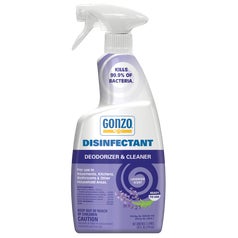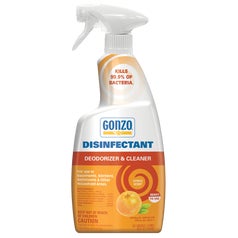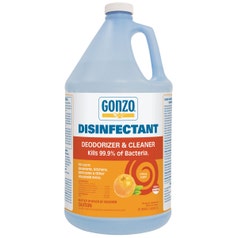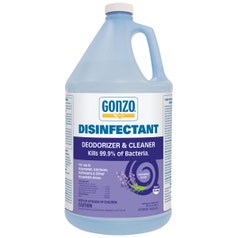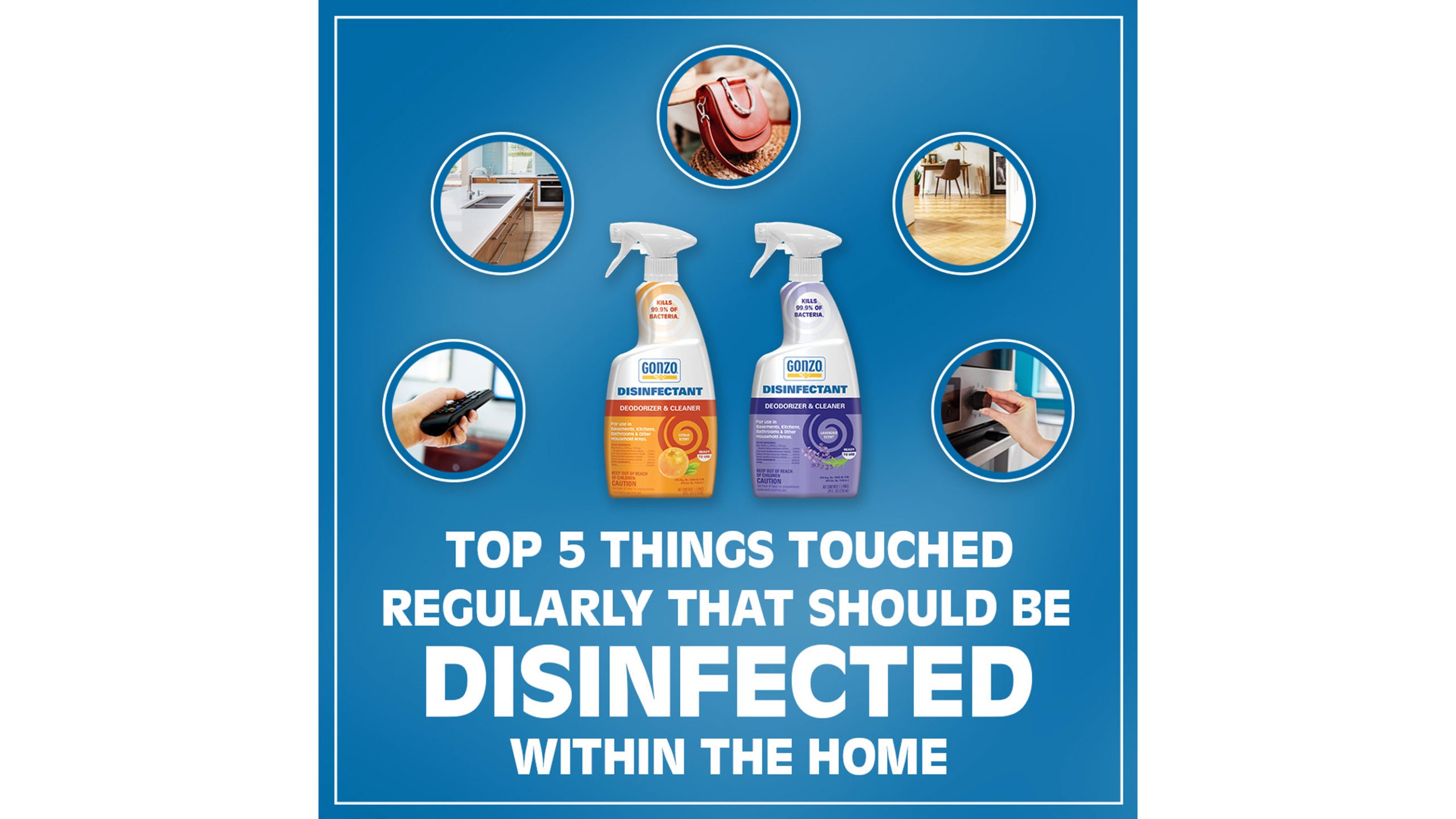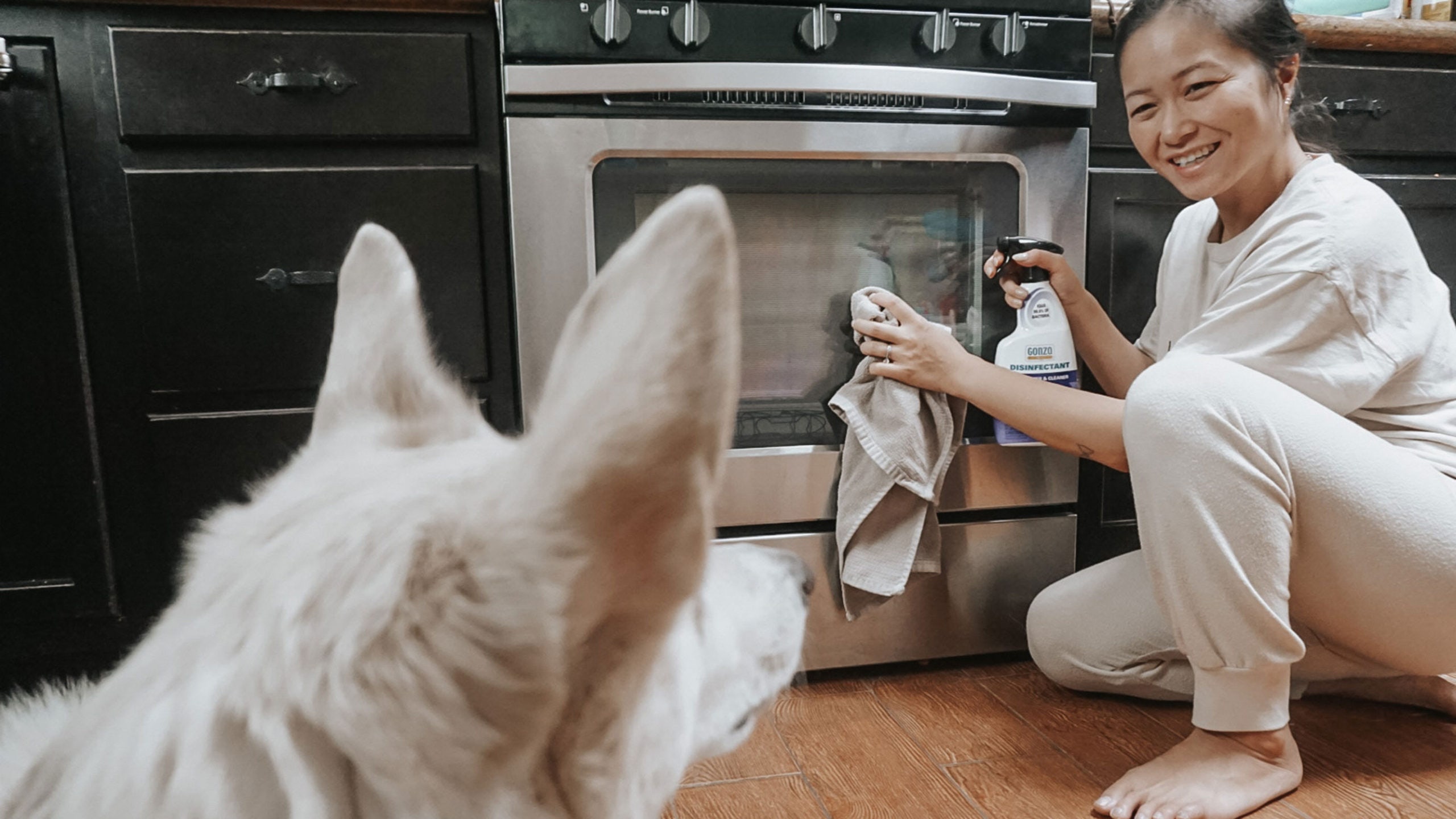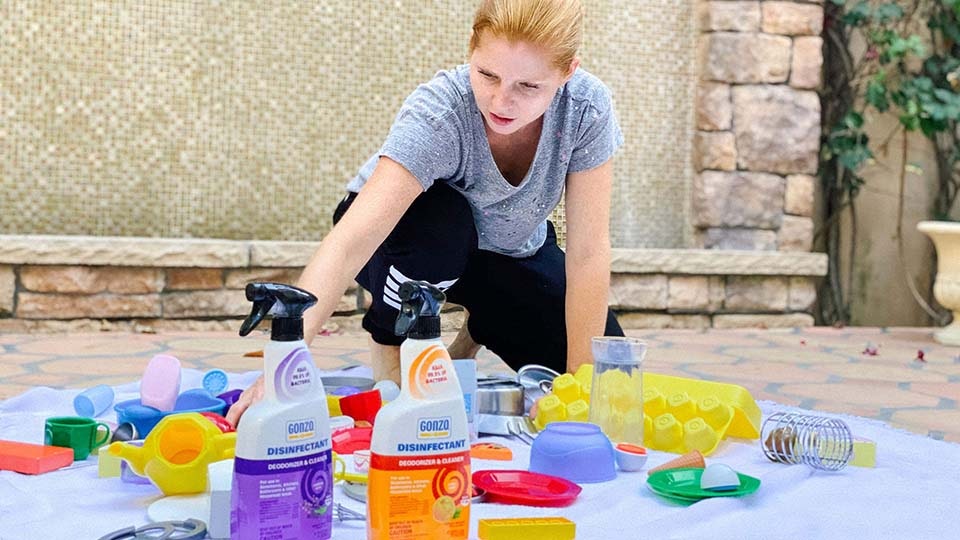NOVEL CORONAVIRUS (2019-NCOV)
On December 31, 2019, a new strain of human coronavirus (COVID-19) was first identified in Wuhan China, according to WHO (I). On February 11, 2020 the World Health Organization announced the official name to the world via Twitter (II):
? BREAKING ?
"We now have a name for the #2019nCoV disease:
COVID-19.
I’ll spell it: C-O-V-I-D hyphen one nine – COVID-19"
-@DrTedros #COVID19 pic.twitter.com/Kh0wx2qfzk
— World Health Organization (WHO) (@WHO) February 11, 2020
The official name for the 2019 novel coronavirus became known as COVID-19 better recognized as a new strain of the Corona Virus Disease. The new strain of the coronavirus (COVID-19), is related to the two other coronaviruses that caused epidemics those being the SARS-CoV in China 2003 and MERS-CoV in Saudi Arabia in 2012. These coronaviruses are zoonotic, meaning that they are transmitted between animals and people. In 2003 SARs-CoV was linked to civet cats and MERS-CoV was linked to dromedary camels.
WHAT IS CORONAVIRUS?
According to the World Health Organization (WHO) (III), Coronavirus (CoV) are a large family viruses that cause illness ranging from the common cold to more severe diseases such as Middle East Respiratory Syndrome (MERS-CoV) and Severe Acute Respiratory Syndrome (SARS-CoV).
CORONAVIRUS SYMPTOMS & DISEASE
According to the Centers for Disease Prevention and Control (CDC), patients with confirmed novel coronavirus (2019-nCoV) infections have reported mild to severe respiratory illnesses with symptoms including:
- Fever
- Cough
- Shortness of Breath
Symptoms of the novel coronavirus (2019-nCoV) may appear in as few as 2 days or as long as 14 days after exposure. This is based on what has been seen previously as the incubation period of MERS viruses. (IV)
HOW CORONAVIRUS SPREADS
According to the CDC (V), the human coronavirus (COVID-19) most commonly spreads from an infected person to others through:
The air by coughing and sneezing
Close personal contact, such as touching or shaking hands
Touching an object or surface with the virus on it, then touching your mouth, nose, or eyes before washing your hands
Rarely, fecal contamination
At this time, the Novel Coronavirus appears to spread easily and sustainably among people. The groups most at risk are those in close contact with animals and those that are caring for those with infection. There is still a lot to learn from COVID-19 from its transmissibility, severity and other features.
CORONAVIRUS INFECTION PREVENTION AND TREATMENT
Always consult your primary care provider for medical advice. According the CDC (VI), there is a vaccine to prevent severe coronavirus disease 2019 (COVID-19), yet the CDC suggests the following ways to help minimize your risk of infection:
- Avoid close contact with people who are sick
- Avoid touching your eyes, nose, and mouth with unwashed hands
- Stay home when you are sick
- Cover your cough or sneeze with a tissue, then throw the tissue in the trash
- Wash your hands often with soap and water for at least 20 seconds
- Clean and disinfect frequently touched objects and surfaces
CAN GONZO DISINFECTANT HELP PREVENT CORONAVIRUS?
Gonzo Disinfectant has demonstrated effectiveness against Human Coronavirus (ATCC VR-740) on hard, non-porous surfaces with 5% soil. In accordance with the Emerging Viral Pathogen Policy the EPA has designated novel Coronavirus (2019-nCoV) as an emerging pathogen. Based upon this, Gonzo Natural Magic is following EPA's guidance for product eligibility criteria, which recommends using an EPA registered disinfectant with effectiveness against at least one large or one small non-enveloped virus, to be eligible for use against an enveloped emerging viral pathogen.
For more information, refer to the CDC website at: https://www.cdc.gov/coronavirus/2019-ncov/
Visit the Centers for Disease Control and Prevention (CDC) website for the latest information on the Novel Coronavirus (2019-nCoV) outbreaks and learn the best practices to minimize your risk of the human coronavirus.
REFERENCES:
[I] https://www.who.int/emergencies/diseases/novel-coronavirus-2019
[III] World Health Organization (WHO)[1],
[IV] https://www.cdc.gov/coronavirus/2019-ncov/about/symptoms.html
[V] https://www.cdc.gov/coronavirus/2019-ncov/about/transmission.html
[VI] https://www.cdc.gov/coronavirus/2019-ncov/about/prevention-treatment.html


















